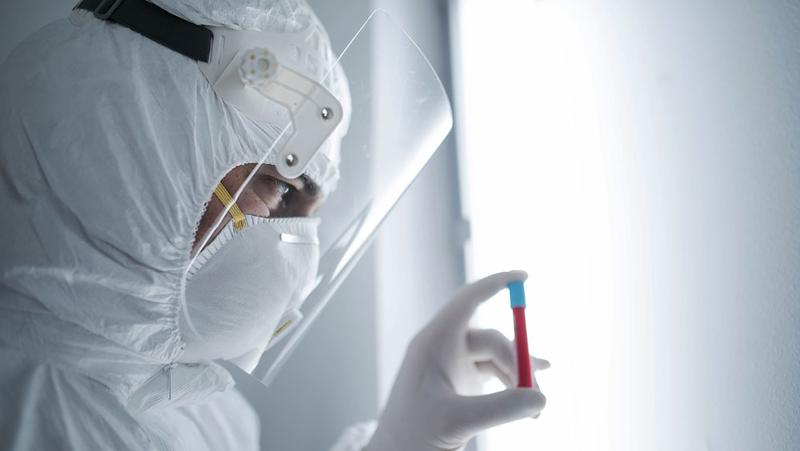
The COVID-19 pandemic has seen scientists around the world openly and rapidly share their research findings to colleagues around the world to build knowledge on the deadly virus and avoid duplication and 'blind alleys'.
- Scientists have pivoted their research to combatting COVID-19
- Their findings have been openly shared with the global science community
- COVID-19 has spurred an open access science model that must continue post-pandemic
- Expect pushback from highly profitable closed access journal publishers
- Much research is publicly funded and 'belongs' to the public
This open access to research should become the new norm for researchers in all areas into the future, not just a rare collaboration forged in emergency circumstances, says QUT Professor Ginny Barbour, co-lead in QUT's (Queensland University of Technology) Office of Scholarly Communication and director of the Australasian Open Access Strategy Group (AOASG).
Expanding on an article by Professor Barbour and Martin Borchert, AOASG chair and university librarian, UNSW, published by the Academy of Science in their "Curious - Science for curious minds" series, Professor Barbour said "the success in responding to the COVID-19 pandemic has depended on open science."
"The principles and practices underpinning open science underpin good research which is reliable, reproducible, and has the broadest impact possible," she said.

"Researchers are making their data and preliminary publications openly accessible, and then publishers are making the peer-reviewed research immediately and freely available to all.
"Scientists are able to rapidly see what others have done, to check its validity by accessing both the underlying data and the researchers' interpretation of their research, and to build on it for the next advance.
"This rapid dissemination of research through preprints, in particular, as well as journal articles is in contrast to how research on SARS was published years after the outbreak.
"With COVID-19 this research sharing was enabled by organisation that already support open research for a coordinator global open science effort."
Professor Barbour said that despite science research being largely publicly funded it was not publicly accessible.
"One reason for this lack of access is because most sharing of research sits outside universities in subscription journals that are owned by a small number of companies with high profits," she said.
"Australia's universities alone currently spend more than $300 million a year on academic journal subscriptions, which could go to funding open access research instead.

"One major journal publisher made A$2billion profit in 2019 and, unfortunately, publishers are already showing signs of thinking about reinstating control after the emergency.
"For example, stating on their website that free access was available only as long as its COVID-19 resource centre remained active.
"Opening up COVID-19-related research only is just a gesture because researchers are also searching for past research on ventilators, face masks and characteristics of previous coronavirus outbreaks but these papers have largely not been made available."
Professor Barbour said COVID-19 open access research practices were a lesson for how the system could work in future.
"Moving to an open system is difficult – some current open access initiatives have led to individual researchers having to bear the publishing costs," she said.
"We need to reimagine the whole research infrastructure which requires a systemic, national and international rerouting of financial flows.
"A system that was designed to be open would ensure the costs are built into the research support and funding processes so that, for example, costs of data curation and dissemination are part of the cost of research."
Open science: after the COVID-19 pandemic there can be no return to closed working by Professor Virginia Barbour and Martin Borchert was published by the Australian Academy of Science.






